A Rainy Day in New York is Woody Allen’s 49th film and it’s not been without its troubles. When accusations of sexual abuse made by his adopted daughter, Dylan Farrow, resurfaced, Amazon Studios ditched it. Then its star, Timothée Chalamet, apologised for being in it and donated his earnings to charity. We may never know the truth about the allegations and I wouldn’t wish to speculate as I’m a coward at heart and don’t want to end up on the wrong side of history. I can only put it like this: whereas I once idolised Allen — ‘Don’t worry. We can walk to the kerb!’ is something I still say when someone parks badly — the decisions he’s now making are definitely landing on the wrong side of creepy. Why include a story about an older man lusting after a young college girl in a tiny skirt; why? You’re a smart fella. Just make up something else!
The film opens with our young people. Chalamet is Gatsby Welles, a college student who is brilliant and wealthy but also directionless and hates his rich family. He attends leafy, fictional Yardley College and is dating a fellow student. This is Ashleigh (Elle Fanning), whom Gatsby adores because, presumably, he has a thing for underwritten women who are still childlike. She’s 21, not nine!, I kept wanting to scream. But Ashleigh is unworldly and seems to exist solely on Planet Wonder and basically goes around exclaiming: ‘OMG, OMG, OMG!’ Meanwhile, Gatsby wears tweed, whereas Ashleigh does not. Instead, she wears super-tight, fluffy sweaters teamed with postage-stamp mini-skirts. If Allen had applied the rule that whatever a woman has to wear in a film the men must wear the equivalent, then all the men in Rainy Day would be going about in their pants. And not even roomy ones. (This is a good rule and I am proud to have just come up with it.)
As for the narrative, that kicks in when the pair must hoof it to Manhattan because Ashleigh, who works for the college magazine, has landed an interview with the famous film director Roland Pollard (Liev Schreiber). Whether we’re meant to read Roman Polanski into that name, I can’t tell you. However, what I can tell you is that Pollard is always fully suited so has also been spared from parading in pants that aren’t roomy. (I can’t wait for my rule to become law.)
Still, poor Pollard is experiencing an existential crisis, and Ashleigh, in her over-excited way, says all of the things that you can’t help interpreting as projected wish-fulfilment on Allen’s part. ‘You’ll never have mass appeal because you are too original, Mr Pollard,’ she says. ‘You’ve never made a single commercial concession and are a free spirit like Van Gogh, Rothko or Virginia Woolf,’ she adds. (I wrote that down, so obviously she wasn’t always exclaiming: ‘OMG!’ It just felt like it.) Pollard is captivated and wants Ashleigh to be his ‘muse’ so she’s drawn into his circle and is later predated by two other much older men, a screenwriter (Jude Law) and an actor (Diego Luna). He gets her drunk and back to his place and now she is in her pants, really. But not him.
As for Gatsby, who had planned to show Ashleigh the city, while avoiding his New York family, he is now at a loose end. But then he hooks up with Shannon (Selena Gomez), the younger sister of the girl he used to date. Shannon, at least, wears proper clothes. I’m toying with you. She also wears tight little sweaters and postage-stamp skirts. Performance-wise, Gomez is, it has to be said, quite outstanding and wipes the floor with everyone else including Fanning who is usually glorious but overacts her underwritten role exhaustingly. I’m glad she kept her money. She earned it.
This contains many recognisable Allen elements. The city is always bathed in a golden glow. There are trips through Central Park. Gatsby can’t pass a piano without pausing to play something jazzy on it. You know the drill. But secondary characters go nowhere, the ending is horribly sentimental and contrived, and there aren’t any especially clever or funny lines.
I might have forgiven this some if only Ashleigh had begged: ‘Can’t I just wear tweed?’ but she does not. Instead the film is mostly plain creepy. And you’ll wonder: why, Mr Allen, why?
Got something to add? Join the discussion and comment below.
Get 10 issues for just $10
Subscribe to The Spectator Australia today for the next 10 magazine issues, plus full online access, for just $10.
You might disagree with half of it, but you’ll enjoy reading all of it. Try your first month for free, then just $2 a week for the remainder of your first year.

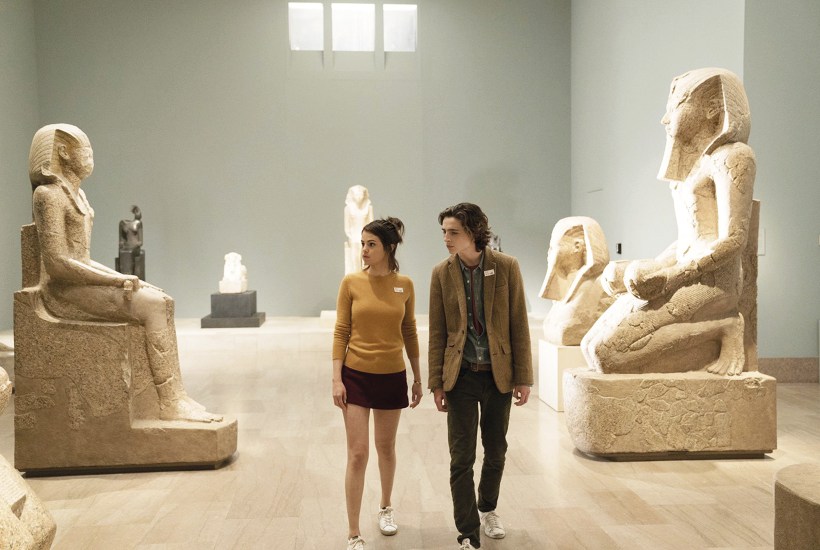
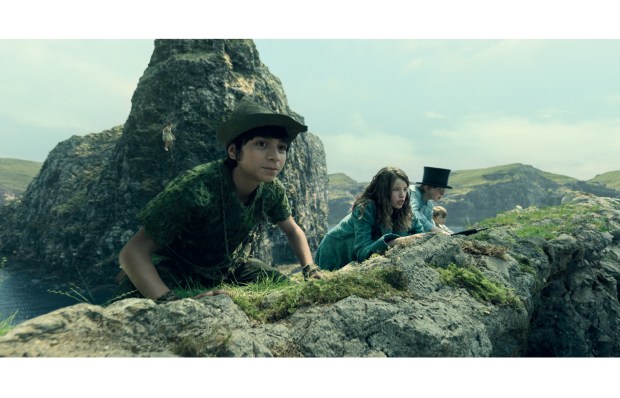
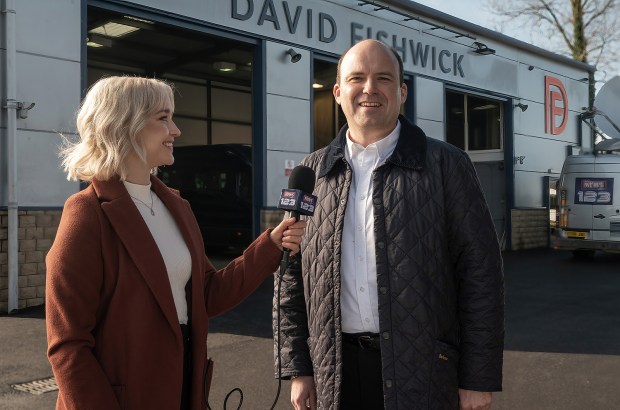
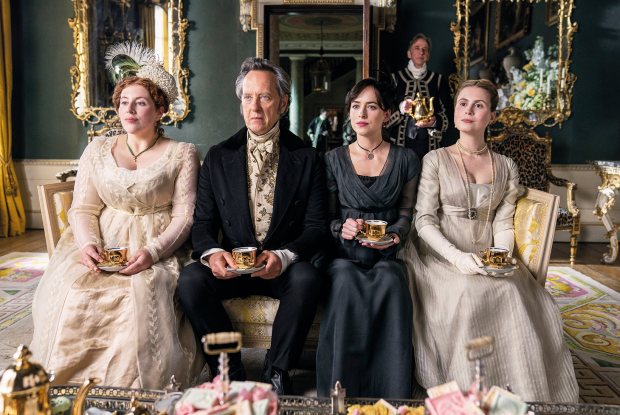
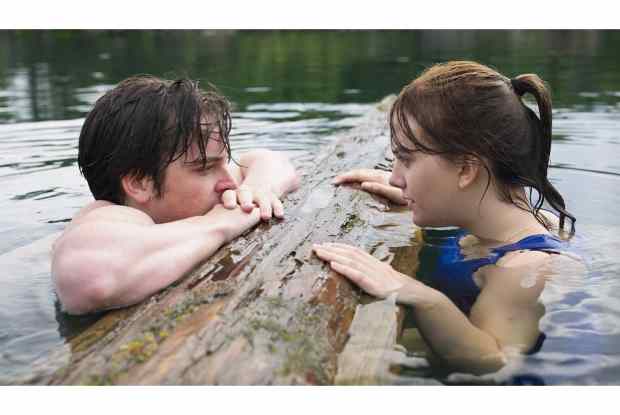
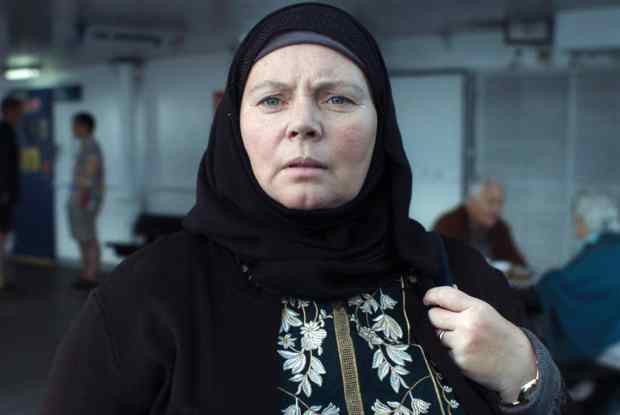
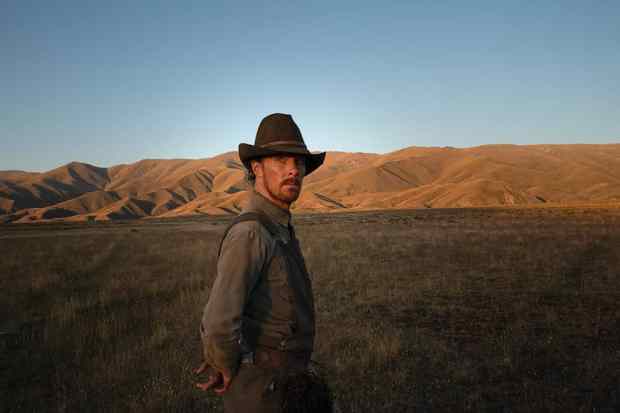






Comments
Don't miss out
Join the conversation with other Spectator Australia readers. Subscribe to leave a comment.
SUBSCRIBEAlready a subscriber? Log in